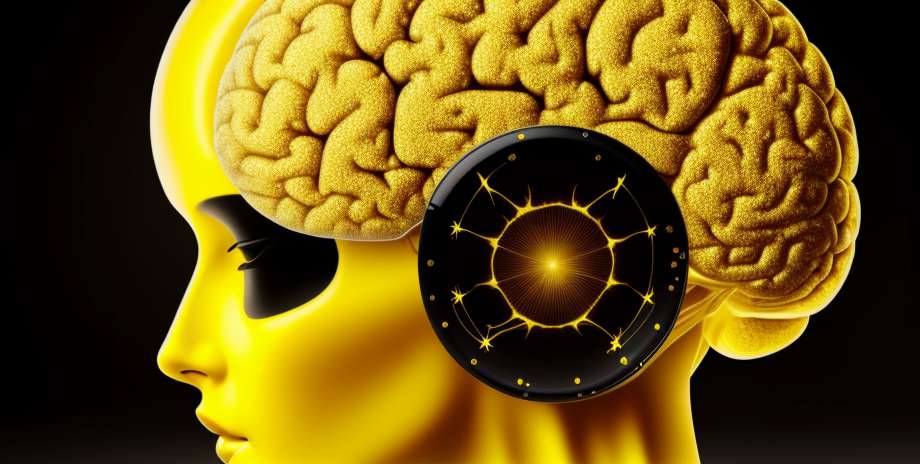Have fun and stimulate creativity
April 2024

Despite the research and work of many organizations in favor of people with epilepsy , there is still a huge ignorance about the disease that, according to official estimates, affects between 1 and 2 million people in Mexico.
According to researchers from the Mexican Chapter of the International League against Epilepsy, it will never be out of place to remember that anyone can have this disorder regardless of age, race or social status. But nevertheless, epilepsy is more frequent in children under 18 of age and greater of 60 years and about 85% of cases are controlled with antiepileptic drugs . Epilepsy is not inherited and only in certain cases can it have a component hereditary . Most of the time, it happens without any other member of the family having suffered it.
Do not be confused: learn to distinguish what is not epilepsy
According to specialists of the Mexican organism, there are many disorders that can be confused with epilepsy. They are known as "non-epileptic paroxysmal events" and may be:
Sobness spasms: they are very frequent between 6 and 18 months of age, although they can occur up to 6 years. They are related to intense crying triggered by anger, frustration or minimal damage, resulting in decreased brain flow with transient loss of consciousness and changes in muscle tone.
they are presented as a fall or loss transient of the awareness and can be preceded by blurred vision. They can occur by standing for a long time, hot environment, sudden changes of position, fear and pain.
Hyperplexia: these are startle responses to sudden stimuli, with blinking, head movements, shoulder elevation and trunk flexion.
Tics: refers to those sudden and short involuntary movements.
Febrile crisis of children: they are a special type of seizures caused by fever, which are not due to brain infections. They occur in 3 out of every 100 children under 6 years of age and do not need preventive treatment with antiepileptic drugs, except in exceptional cases. The seizures Febrile cases do not constitute epilepsy and most of the children who have presented them will not have epilepsy later. Currently, the disease is controllable and sometimes curable, depending on the cause. It is not contagious and allows the application of vaccinations .